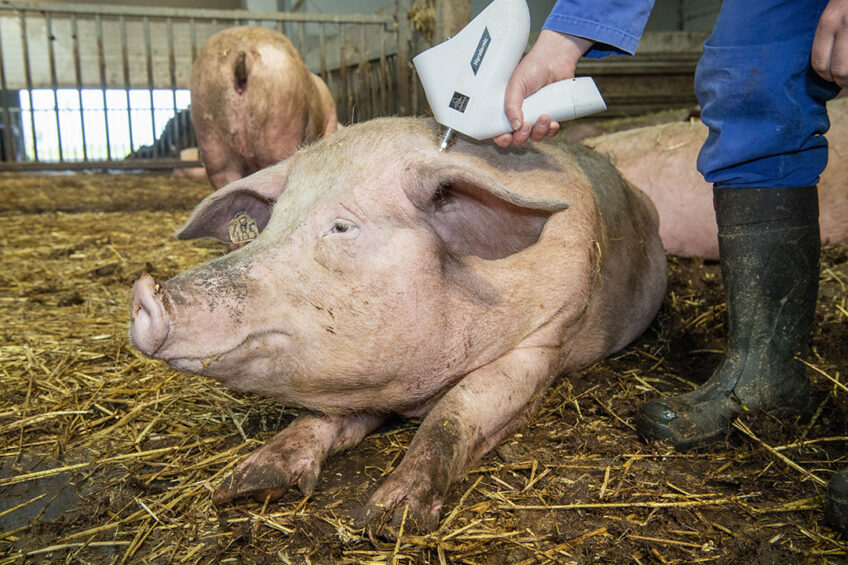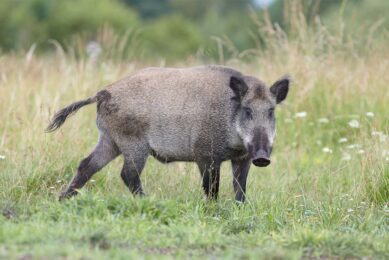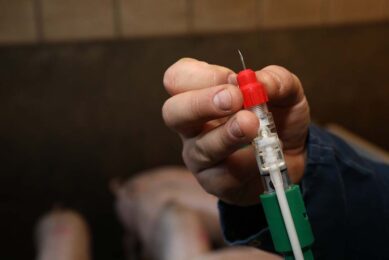Successful preliminary trials of ASF vaccine in Russia

The first vaccine against African Swine Fever (ASF) has passed the preliminary tests on commercial livestock in Russia. Despite the initial success, there is still a long road ahead before the vaccine will be available for massive use.
The Russian Federal Research Center for Virology and Microbiology developed the vaccine strain. Denis Kolbasov, head of the centre, told Veterinary and Life that during the trials, immunised animals were infected with ASF but, instead of dying, suffered the disease in a mild form.
The difficulties of further genetic editing and fixing the most important properties of the obtained variations do not yet allow using them as part of a vaccine
Aleksey Igolkin, head of the ASF reference laboratory of the Federal State Budgetary Institution ARRIAH
Limited optimism
The Russian Federal Center for Animal Health, another state institution engaged in developing a vaccine against ASF, warned that the steps following the initial field trials would be challenging. In particular, the scientists claimed the obtained strains should pass through genetic editing.
Kolbasov agreed that the results of the trials should be treated with great caution. The scientists ran an experiment in a vivarium, which has a limited capacity. On the other hand, Kolbasov stated that scientists have already run several trials. The vaccine strain proved to be highly effective, as all animals survived the infection.
“Obtaining strains of the virus that protect against control infection is undoubtedly a positive result,” Aleksey Igolkin, head of the ASF reference laboratory of the Federal State Budgetary Institution ARRIAH, told Veterinary and Life. “Results of this kind have been obtained in many Russian laboratories, including ARRIAH. But the difficulties of further genetic editing and fixing the most important properties such as antigenicity, infectivity, immunogenicity of the obtained variations do not yet allow using them as part of a vaccine.”
Decades of research
Igolkin also said that developing a vaccine against ASF remains a vital problem for the pig industry, because the disease imposes additional barriers to both domestic and international trade. Scientists worldwide have struggled to design a vaccine since the last century, but ASF appeared to be die-hard. “The use of traditional approaches to the development of an ASF vaccine in the second half of the 20th century was not successful: an inactivated virus does not provide protection, and the use of live attenuated variants turned out to be unsafe due to the high risk of a return to the original properties of this virus,” Igolkin claimed.
As a result, scientists now focus on creating a vaccine based on a modified ASF virus or subunit vaccine using controlled genetic editing.
 Beheer
Beheer








 WP Admin
WP Admin  Bewerk bericht
Bewerk bericht